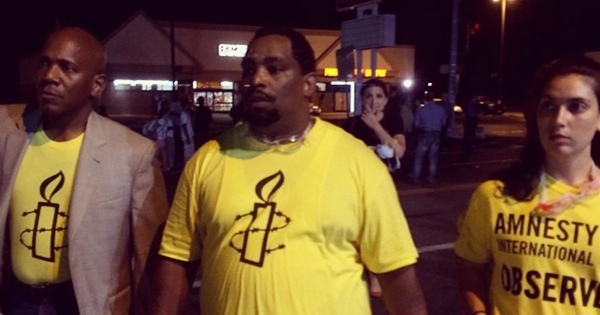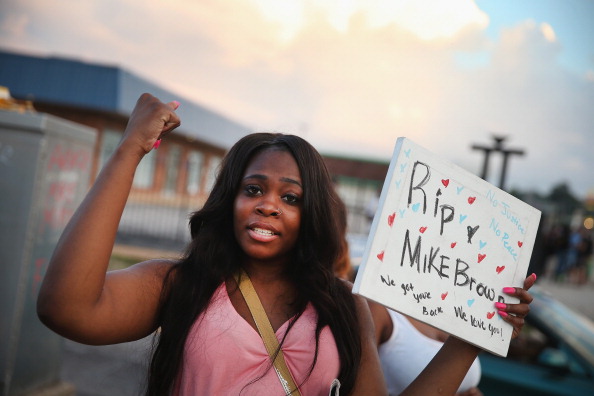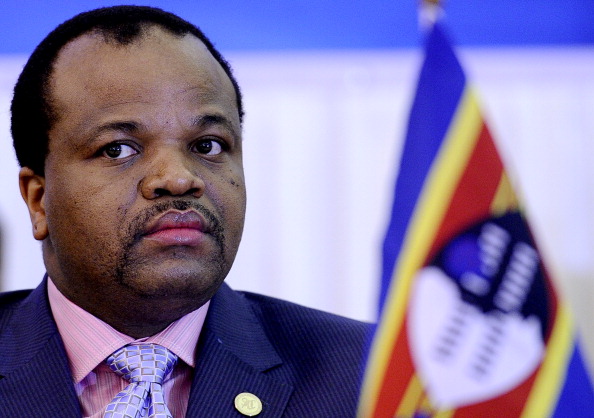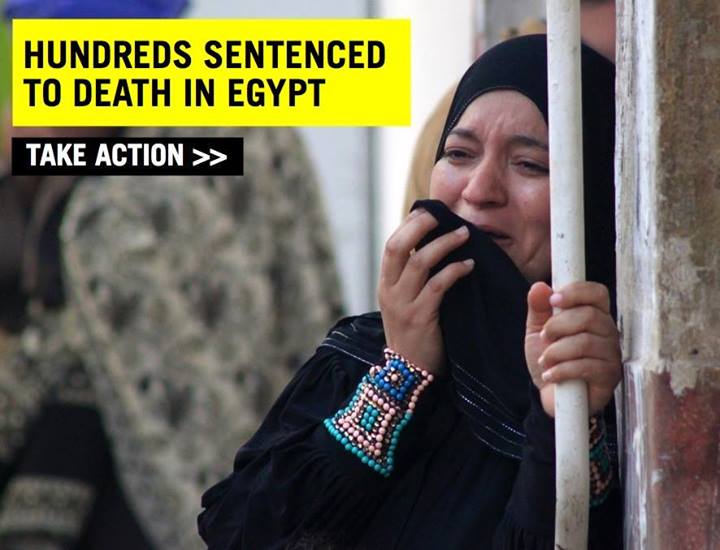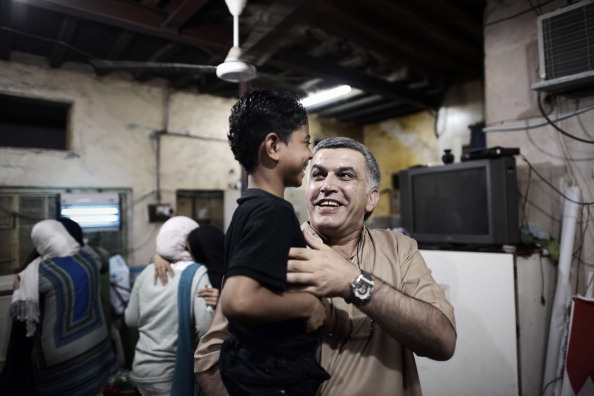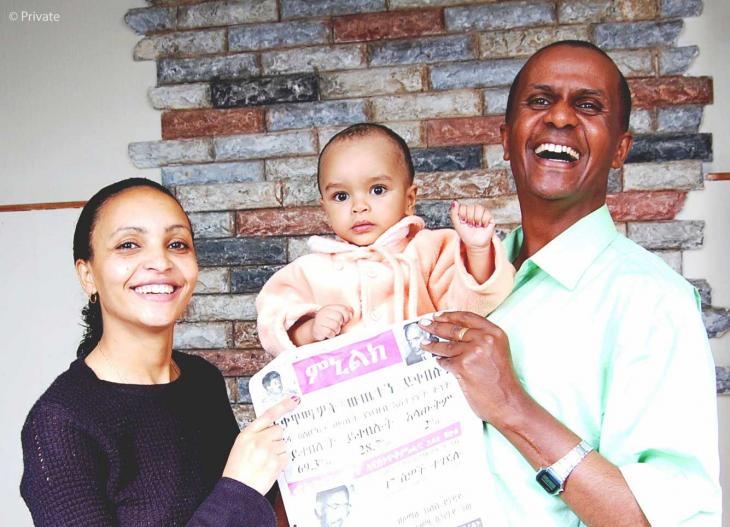
Prisoner of Conscience Eskinder Nega (right) is serving an 18-year sentence for his legitimate work as a journalist in Ethiopia
By Selin Thomas, Pulitzer Center for Crisis Reporting Fellow
It would be impossible to bypass the endless torrent of violence and conflict currently ongoing around the world. Horrific scenes of decimated cities, bodies bloodied and limp, flood our newsstands as reports of torture, mass abductions, beheadings and revolutions barrage our televisions. From Chicago to Nigeria, Libya to the Central African Republic, Israel to Iran, we have witnessed some of humanity’s most atrocious contributions to history yet, and they show no sign of stopping. SEE THE REST OF THIS POST
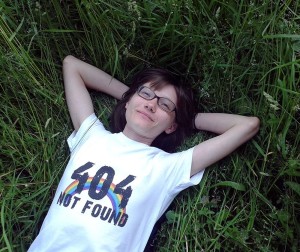

![James Foley once said he reported from the Middle East because, "We're not close enough to it. And if reporters, if we don't try to get really close to what these guys - men, women, American [soldiers] ... are experiencing, we don't understand the world" (Photo Credit: Jonathan Wiggs/The Boston Globe via Getty Images).](https://blog.amnestyusa.org/wp-content/uploads/2014/08/453861316.jpg)
